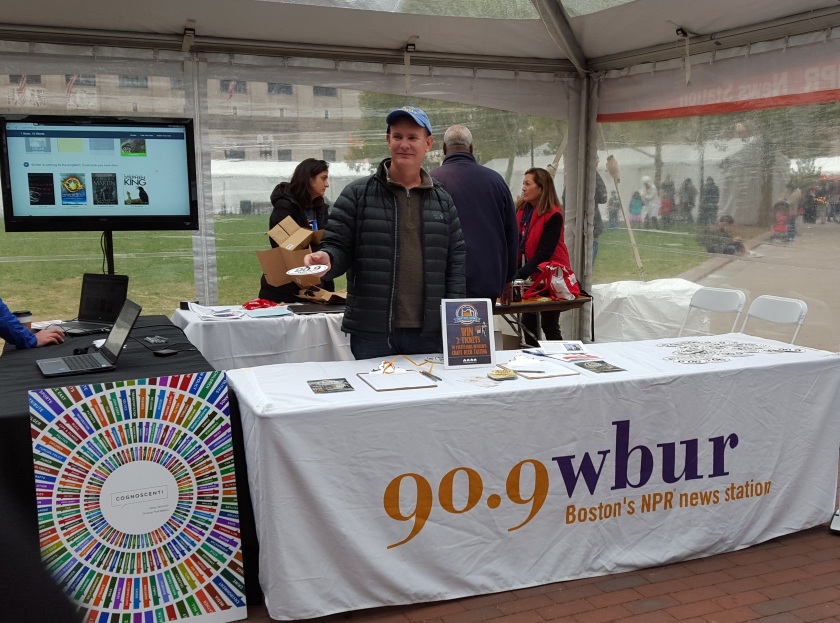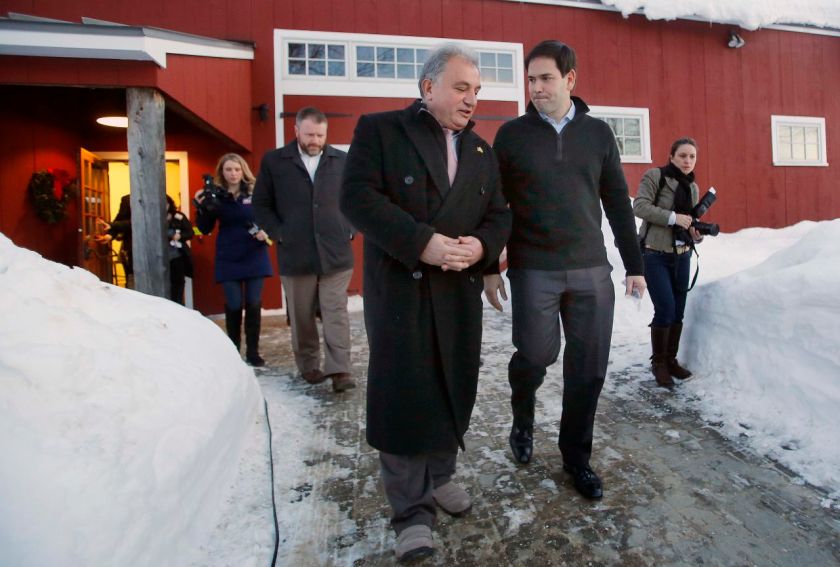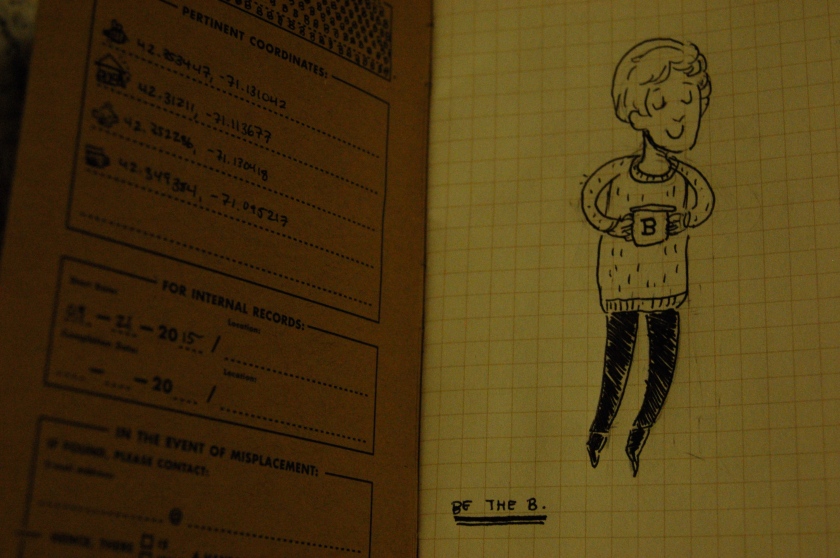
As an audiophile and classroom commuter, my primary source of news is radio. I love listening to it and hope to become a professional adult who makes it someday. So when it came to pulling a news organization out of my online journalism professor’s hat, I was relieved. Tracking my local NPR station’s online presence came naturally but also led to a lot of discovery on me end. The website does it’s job as a space for local and national radio to manifest for listeners. However, the site could also use some modern-day sprucing. That said, here are a few, final highlights (and lowlights) from my time analyzing WBUR 90.9’s website.
Firstly, the podcasts are incredible. I say this as objectively as possible because of what they add to WBUR’s traditionally “hard news” spine. Programs like “Modern Love,” “Dear Sugar,” “Kind World” and “The Magic Pill” add emotional narrative to what the station has to offer and, along the way, teach listeners a thing or two about the harder topics of life. Modern Love particularly shows the power of the podcast as a place for publications to team up. It’s a joint production of WBUR and the New York Times. This partnership is definitely reflected in the quality of the podcast, and partnerships like this are trending in the podcasting world. Though not local, the pairing of The New Yorker and WNYC Studios for “The New Yorker Radio Hour” is another example.
Secondly, the website is due for an upgrade. Fortunately, that’s in the works. As pointed out in a previous post of mine, the digital team at WBUR is working on a high-functioned, redesigned, user-friendly website, which is expected to go live in approximately two years. Perhaps the biggest improvement will be a continued live stream between screens as well as a queuing/playlist feature. In my opinion, WBUR’s website is fine and completes the task of providing an archive of all the station’s work. However, I do believe the station deserves better for all the innovative reporting and podcasting that it does. It’s a modern news provider and one that significantly fills the broadcasting time of most NPR affiliate stations in the country. I’m excited to see it’s web presence catch up with this.
Thirdly, the featured stories atop the website are an interesting mix of timely tales and tale-as-old-as-time features. WBUR.org welcomes website visitors with a refreshing mix of stories, hard and soft, long and short, broadcasted and exclusively online. This speaks to the publication’s “true north” mission of educating listeners alongside inspiring them. This comprehensive approach may not please hard news junkies out there and may not make WBUR.org the fastest news resource around. However, I prefer this humanistic mix. It is an NPR station after all, with a tone to match.
After spending time with my favorite news source online instead of on-air, I would like to see the website’s general update. The journalism is there and brilliant. I thereby believe a new design for WBUR’s web presence is well deserved. I want to be able to make a playlist of stories, browse without audio cutting out and possibly interact with reporters more directly through some type of chat function. These ideas are just my young thoughts allowed, and maybe they aren’t even necessary for the site’s next big update. I merely want the best for this station that does so much and continues to do more.


 Photo by Peter Balonon-Rosen/WBUR
Photo by Peter Balonon-Rosen/WBUR



